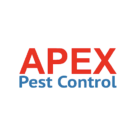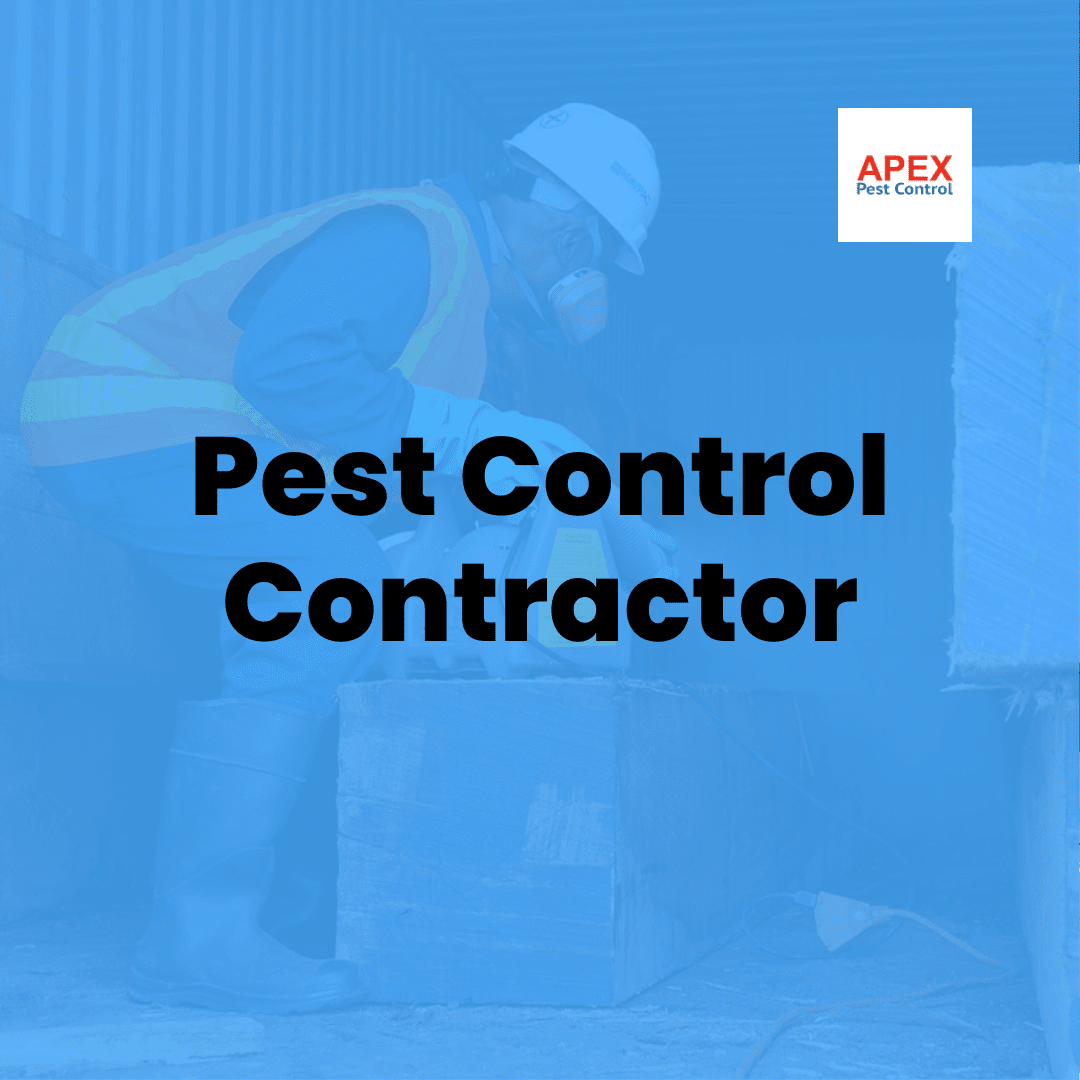How to Select a Pest Control Contractor?
When selecting a pest control contractor, you must consider a few factors. Do they charge an upfront fee? How can hiring a registered pest control company benefit you? Also, learn the different steps to follow to avoid legal disputes. Learn more about the pest control industry by examining some frequently asked questions.
Are There Different Kinds Of Pest Control Contracts?

Commercial Pest Control Contracts
Most businesses have a legal obligation to ensure that their premises remain pest-free. Having a regular Commercial Pest Control Contract is the easiest and most effective way.
Domestic Pest Control Contracts
Although pest management is more common for commercial premises, it can be useful for domestic or residential properties. Regular inspections may benefit large properties with extensive grounds and livestock, such as horses and chickens. Holiday properties that stay empty for extended periods may also benefit from a pest control contract.
What Makes An Effective Pest Control Contract? Which Services Should It Cover?

There is a challenge keeping track of all the different times of the year when bugs are most active, but this is why a contract is important. Typically, pests only have high activity during specific times of the year. As we move forward into spring, summer, and early fall, pests will be at their peak but then will go into a reduced activity phase later in the year. You will not lose valuable business to pests you were unaware of if you have a service contract.
The first reason is to protect your company from the risk of legal disputes. A pest control contract helps protect both parties by setting clear expectations and defining the scope of each party. In case of contract violations, you can clarify what your pest controller needs to do for you.
This contract should also clearly outline the difference between controlling and eradicating pests. If you’re concerned about a specific pest, a pest control contract will be a great choice for you.
The core features of a Standard Pest Control Service package include:
1. Reporting System
2. Routine Inspections
3. Specified Pests
4. Free Call-Outs
5. Free Follow-Up Visits
6. Fly Control Unit Servicing
How Much Is A Pest Control Contract?

The price of a contract varies depending on the pests covered. Roaches, ants, and other critters are typically not difficult to get rid of, but pests in walls and ceilings are more challenging. The size of the infestation also plays a role in the price of the service. The larger the infestation, the higher the price. To ensure a successful pest control contract, you should always ask the right questions before signing.
Often, monthly services will cost a minimum of £70. Depending on the type of service, semi-monthly visits may cost between £100 and £150 per visit. Semi-monthly visits are also common, as they allow the pest control professional to check for any lingering infestations and reapply chemicals.
Who Should I Hire for Pest Control?
Before agreeing to a contract, you should discuss the following with your contractor:
- British Pest Control Association (BPCA) or National Pest Technician Association (NPTA) Membership – This ensures that an expert in pest control adheres to the British Pest Control Association rules.
- An itemized quote, including a free survey. It should include full details of the contract terms, including the types of pests, the number of visits scheduled, and the service cost. Specifics will vary depending on the size and type of premises and the individual needs. Inspections may range from four to twenty. It depends on the type of contract, cover required, and risk factors. A food facility should undergo eight scheduled inspections. A domestic house may only need four scheduled yearly inspections, while a rubbish tip may need 20.
- There is evidence of adequate technical resources and training and qualifications of service staff, supervisors, and management. Membership in PROMPT (Professional Pest Controllers Register) is usually a good measure of a technician’s skill level.
- Proven liability insurance includes adequate public liability, product liability, and employers liability insurance cover.
- Assisting in preventing pest infestation through warnings, advice, and detecting and monitoring pest populations, including proofing and other preventative measures.
Reporting procedures give clear accountability on both sides.
Are There Legal Pest Control Requirements?

You might be surprised to learn that pest control has been a legal requirement for over 70 years. In 1949, the Prevention of Damage Act authorized a pest control program, giving local governments and licensed companies the power to perform pest control where there is an increased risk of damage from pests such as rats. Those who store or manufacture food products can also take action when there is a risk of contamination. In the same way, landlords need to understand their obligations in this situation because they are responsible for maintaining pest-free properties.
The 1974 Occupational Health and Safety Act permits laws that compel employers to conduct pest control to protect employees. Despite not being directly related to pest control, this law serves as a valuable guide to managing pests. Failure to take care of a pest problem with health and safety ramifications can significantly lead businesses to incur fines. The law, therefore, necessitates businesses to perform pest control.
A similar statute, the Food Safety Act 1990, aims to protect us from the detrimental effects of pests, such as diseases and property damage. The Food Safety Act mandates that establishments that handle food take proper measures to prevent pest contamination. Furthermore, it encourages business owners and management to seek professional pest management services to deal with pest problems.
What Are The Benefits Of Pest Management?
Many people believe that recurring pest control fees are more expensive, but this is not true. A preventative pest control program is more affordable than catching an infestation at the last minute, which may involve additional costs of removing the pests and repairing property damage. It is also far more convenient than figuring out what to do independently. Pest control services provide regular visits so that you can schedule your service in advance of a pest problem.
Pest control services will use toxic chemicals to rid your home of insects. These chemicals are not safe to use yourself and are only effective in killing existing pests. Aside from this, you will see a change in your home’s appearance and odour since unwanted pests leave an unpleasant odour by emitting pheromones, which cause your home to smell. You can expect your home to smell fresh and free of insects by hiring a professional pest control technician.
When Should You Contact A Pest Control Contractor?

It may be simple to eliminate some insects yourself, but larger infestations may require professional assistance. Here are a few reasons why. A professional can save you time and money and prevent further infestations. It can be difficult to find the source of a pest infestation, and they will be able to apply a customized treatment plan to solve your specific issue.
If you hear unusual noises in your home, there’s a high chance of a pest infestation. Rats and mice, for example, can make a variety of sounds that can be annoying. Professional pest control companies can locate the noise source and eliminate the pest problem as quickly as possible. When you hear gnawing or scratching noises coming from your walls or ceiling, it’s likely a sign of a pest infestation.
Conclusion
When dealing with domestic or commercial infestations, you must employ the services of a reputable pest control company to ensure the problem disappears completely and quickly and efficiently. If you’re currently in need of a pest control company and are struggling to separate the good quality firms from the bad, we are here to help. These tips will help you get the very best service you can.

Tony Johnson, Founder & Lead Technician at Apex Pest Control, is a BPCA and NPTA accredited pest management expert with over 35 years’ hands-on experience. Tony specialises in Integrated Pest Management and ensures all services comply with UK pest legislation, including the Wildlife and Countryside Act 1981 and COSHH Regulations 2002. His commitment to continual learning and adapting to industry best practices means clients receive effective, safe solutions for pests affecting homes and businesses across South Yorkshire. Tony’s dedication to professional standards, ethical treatment methods, and local expertise has made him a trusted partner for pest control and prevention.
-
BPCA & NPTA accredited | CHAS certified
-
Committed to UK pest law compliance & safety
-
Focused on effective, ethical pest management for South Yorkshire


